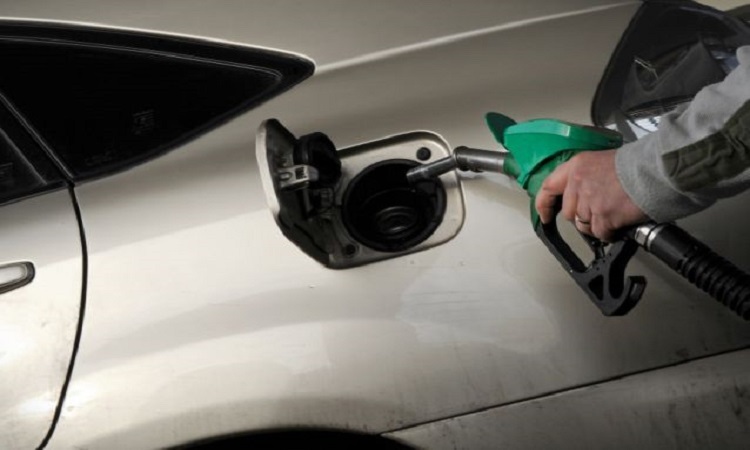From 2030, it will be banned from selling new petrol and diesel vehicles in the UK. The announcement has just been made by British Prime Minister Boris Johnson. The aim is to reduce greenhouse gas emissions, but also, and above all, to create new jobs by boosting the renewable energy sector.
In France, MPs voted in June 2019 to end the sale of cars using carbonaceous fossil fuels by 2040. Since then, others have done “better”. A few weeks ago, the Democratic Governor of California, Gavin Newsom, in effect signed an aggressive ordinance: from 2035, no new passenger cars equipped with a diesel or gasoline engine can be sold in the state. . Boris Johnson is even more ambitious. The British Prime Minister has just announced that the sale of new passenger cars and commercial vehicles equipped with a combustion engine will be banned on British territory from 2030.
The British “Green Revolution”
This new announcement incorporates the “Green Industrial Revolution” plan promoted by Boris Johnson, which aims to boost the renewable energy sector. The other objectives announced are as follows:
– The development of offshore wind power. The aim is to quadruple current production to 40 gigawatts by 2030. As a reminder, the British government recently announced its intention to go without coal entirely by 2025.
– Development of low carbon hydrogen production. The goal here is to achieve the production of five gigawatts and to develop the first city heated entirely by hydrogen by 2030.
– Support for less polluting air and sea projects.
– Protection of nature and planting of 30,000 hectares of forest each year.
– Creation of a large nuclear power station and several small complementary nuclear reactors.
– Promotion of walking and cycling by making these activities more attractive and investment in zero-emission public transport.
– Aid for public and private buildings with the objective of installing 60,000 heat pumps each year by 2028.
– Development of solutions to capture and store harmful emissions. The goal is to reduce carbon dioxide emissions by ten million tonnes by 2030.
– Transformation of the “City” into a global place for green finance to support projects in this direction.
“A historic turning point in climate action”
According to Boris Johnson, these proposals are expected to create around 250,000 jobs. On the financial side, this plan foresees a total budget of twelve billion pounds sterling (about 13.42 billion euros), of which four have already been allocated.
Around £ 1.3 billion will also be invested in the deployment of a network of charging stations to power future clean vehicles. About 500 million will also be invested in the manufacture of electric batteries.
The NGO Greenpeace welcomed the announcement, citing a “historic turning point in climate action”. She regrets, however, that Boris Johnson “remains fixed on other speculative solutions, such as nuclear and hydrogen from fossil fuels”.

Email: colin@satprwire.com Phone: +44 20 4732 1984
Colin has been working in the business industry for quite a sometime and he recently made the decision to become a full-time business journalist. At Daily Research News, he also helps us take care of the business writing.


